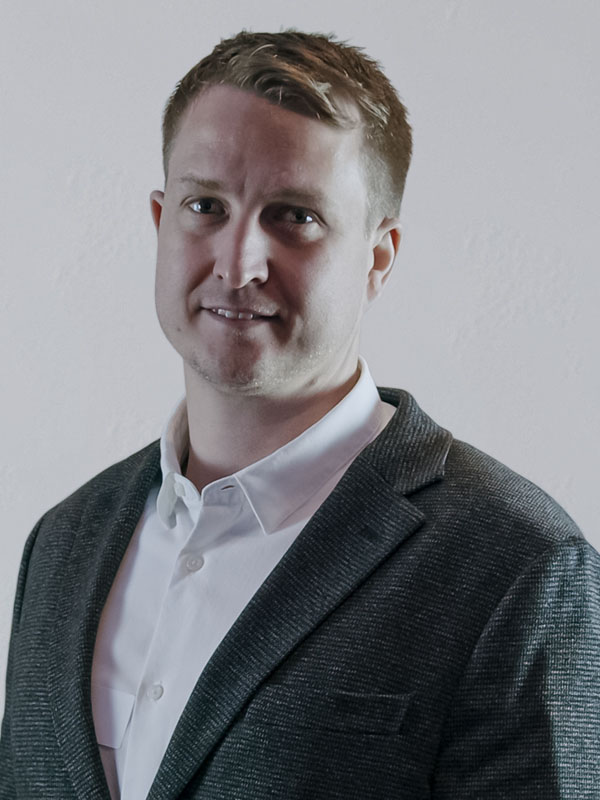A framework for musculoskeletal (MSK) patient data to improve outcomes
My Topol fellowship problem / project:
We have little or no idea how effective our healthcare services are for most MSK patients. Unfortunately, the current state of play concerning data collection of experience and outcome measures is poor and is not joined up between services.
Therefore, we are not offering the best service we can to those with MSK issues.
Our population is living longer with more comorbidities. Over 20M people in the UK (1/3rd population) suffer with MSK issues which is the leading cause of disability and sick days globally. Indeed, it affects those from most vulnerable, deprived and underrepresented demographics. There is significant cost – 1:3 GP appointments are due to MSK issues alongside a £5b spend by the NHS, per annum. The main cost for patients is the significant reduction to their ability to move, work, and care for others. This invariably leads to substantial reduction in one’s mental health, physical health and overall quality of life.
Using assistive technologies or MSK apps, it is possible to triage, assess (collect outcome and experience data), monitor and manage people with MSK conditions, which will enable services to accommodate any increases in service demands.
I propose to develop a framework for digital disseminating, collecting, analysing, sharing and reporting of key experience and outcome measures related to MSK health services to;
-Enable large data set collection, and population health insights, that can focus development opportunities
-This will aid workforce development by giving clinicians and services access to large data so that they can make more intelligently informed service improvements.
-To help identify particular demographics who are underperforming to enable strategic and co-ordinated efforts to improve services for them.
-Automation of this process will free up clinical time, giving more time to care.
This will then be deployed, Via EQL’s digital MSK healthcare Apps ‘’Phio Access’’ and ‘’Phio Engage’’ which are already utlisied within the NHS and across multiple UK organisation to a population of 12-million and growing.
MSK Apps are readily being used in UK health services and it is not well understood how effective these apps are, and which populations are better served. Therefore a secondary aim is to help validate Phio’s effectiveness for the population(s) it serves.
About me
I am currently working as the head of clinical services for EQL.- a digital MSK healthcare provider to the NHS and private sectors. I oversee the clinical undertakings related to our two products; Phio ‘’Access’’ and Phio ‘’Engage’’.
Phio Access is a digital MSK triaging system and Phio Engage is a supportive self-management app, offered to those deemed appropriate during their digital triage. To find out more about EQL and Phio please visit: https://www.eql.ai/
I have 10 years postgraduate experience as an MSK physiotherapist, working across all sectors. Prior to commencing this role I worked within a large central London NHS trust as a highly specialist MSK practitioner, first contact practitioner and leader of multiple MSK physiotherapy teams. It was within this role that I had recent exposure to successful digital transformation within the NHS from ideation to implementation. Success meant that it was feasible to track demographic and patient reported outcome measures (PROMS) of patients digitally (via SMS), where historically this had been completed manually, via paper means. This enabled ‘ ‘freeing-up’’ of clinical time and the ability to collect more data. Therefore, providing actionable insights to guide service improvement initiatives.
Objectively, at the point of my cessation of employment within the NHS there were over 6000 complete data sets and a sustained response rate of approximately 60%. I had the opportunity to present this work to the health innovation network and the virtual physiotherapy UK annual conference. Additionally, in 2021 this work was nominated and shortlisted for the CAHPO AHP digital practice award. More information can be found here: https://www.sciencedirect.com/science/article/pii/S0031940621006386

